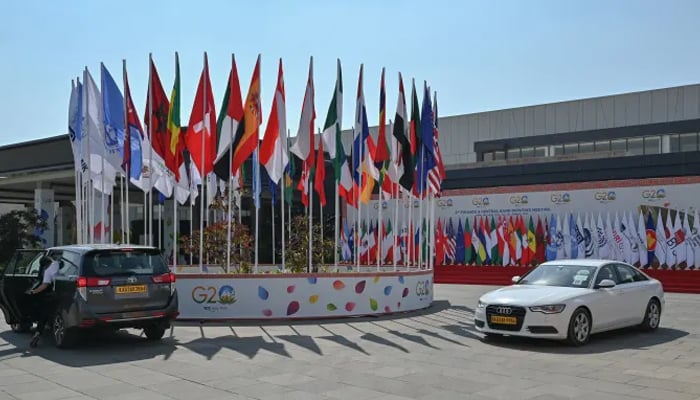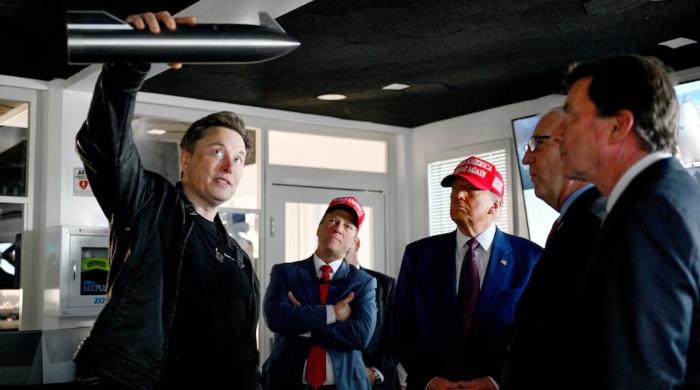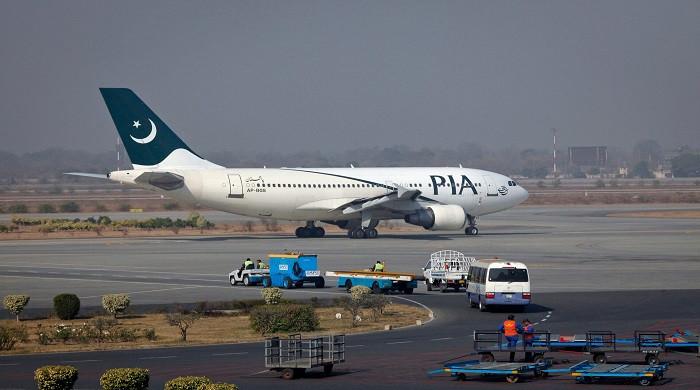G20 meeting in India fails to reach agreement on fossil fuels
Some members emphasise importance of seeking "phase down of unabated fossil” while others have different views
July 22, 2023

The G20 nations meeting in India have failed to evolve consensus on a roadmap to phase down the use of fossil fuels to deal with the impacts of climate change.
Following the meeting on Sunday, G20 president India said in a statement that some members emphasised the importance of seeking a "phase down of unabated fossil fuels, in line with different national circumstances".
"[..] others had different views on the matter that abatement and removal technologies will address such concerns," the statement added.
The final statement after the meeting did not even mention coal, a major contributor to global warming, reported AFP.
The dirty fuel is also a key energy source for many developing economies such as India — the world's most-populous country — and China, the world's second-largest economy.
Campaigners were dismayed by the failure to reach agreement in Goa on COP goals including tripling the world´s renewable capacity and doubling energy efficiency by 2030.
It came despite G7 leaders agreeing in Hiroshima in May to "accelerate the phase-out of unabated fossil fuels".
Global temperatures are hitting record highs, triggering floods, storms and heatwaves.
Alden Meyer, a senior associate at independent climate think tank E3G, condemned the outcome of the meeting.
"With temperature records being set daily around the world and the impacts of climate change spiralling out of control, the world needed to hear a clarion call to action from the G20 energy ministers," he said in a statement.
"Instead, what we got was very weak tea indeed."
A coalition of key EU economies — including Germany and France — and some of the most vulnerable island states this week urged the G20 to accelerate plans to reach net zero emissions and phase out fossil fuels, adding: "Humankind cannot afford to delay".
They called for greenhouse gas emissions to peak by 2025 at the latest and be cut by 43% by 2030, compared to 2019 levels, in line with recent updates from UN climate experts.
But many developing economies argue that the developed West must pay more as a legacy polluter and greenhouse contributor.
G20 host nation India is itself only pledging to reach net zero by 2070, 20 years later than the commitment made by many other countries.











